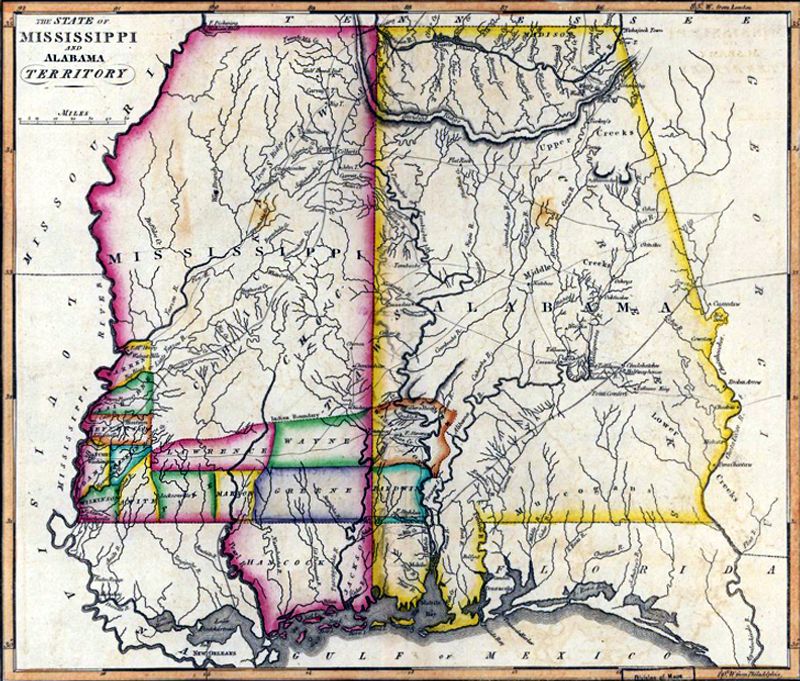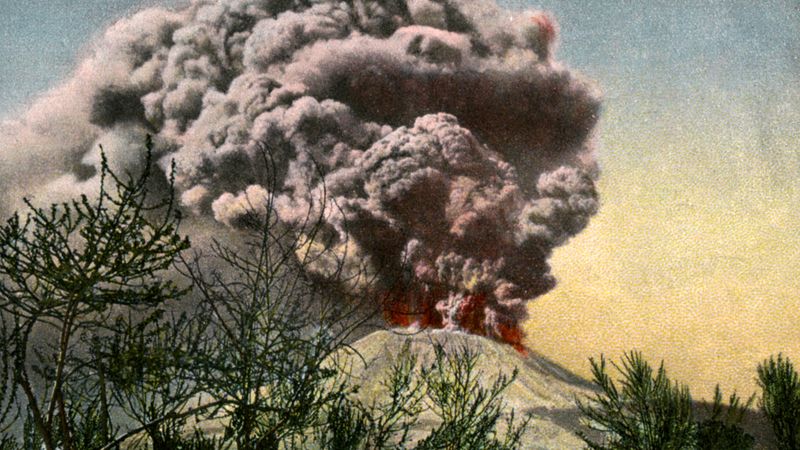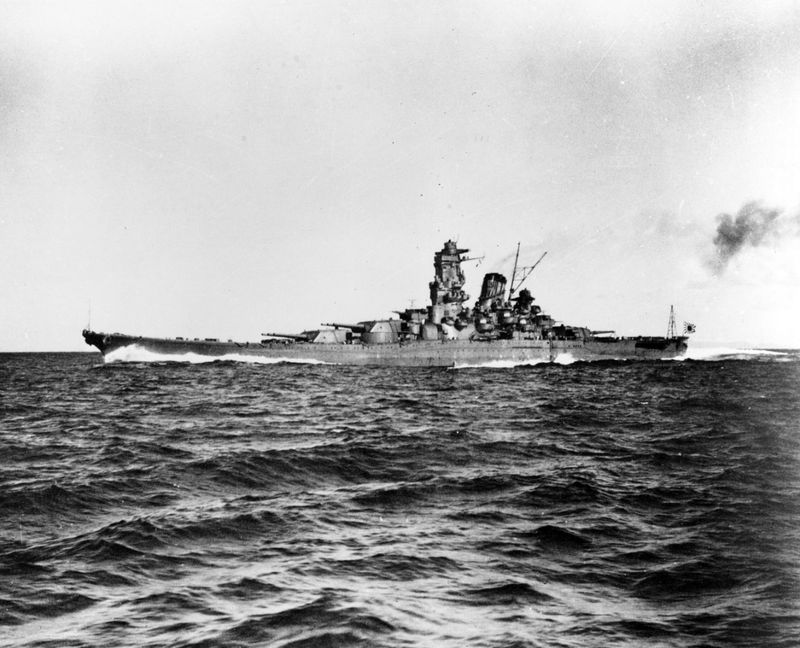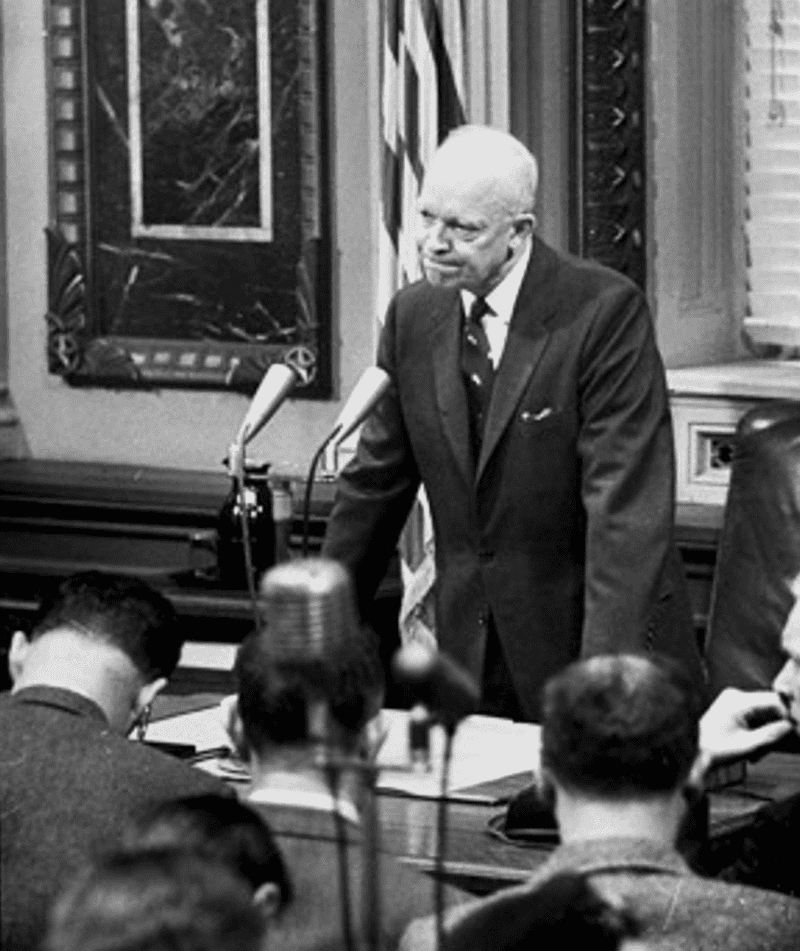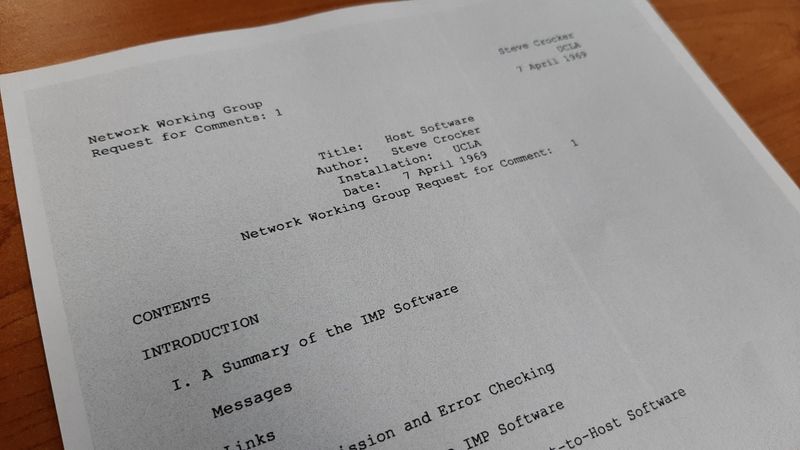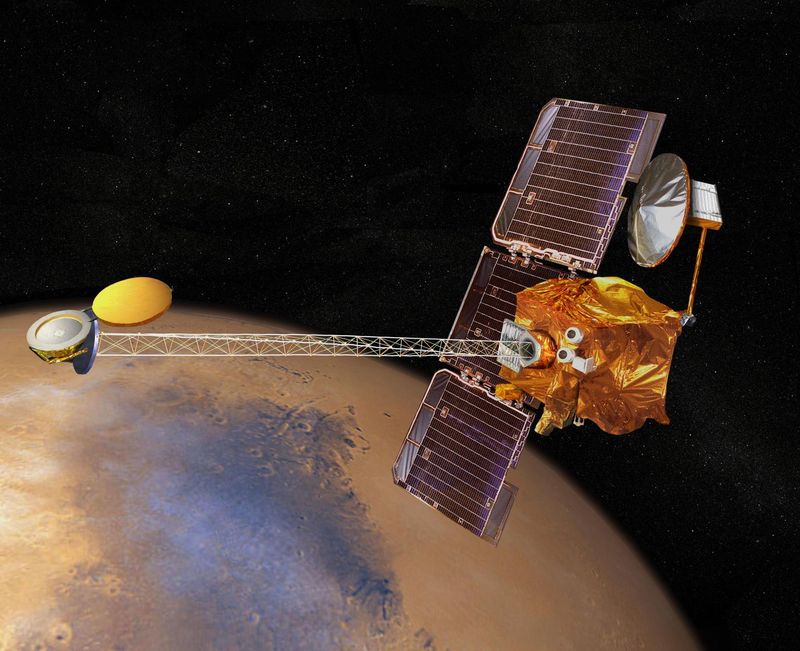April 7th has been a significant date throughout history, marked by groundbreaking innovations, harrowing tragedies, and awe-inspiring triumphs.
From ancient times to modern days, this date’s impact spans cultures and continents, leaving a legacy that continues to resonate.
Join us as we explore 20 compelling facts that highlight the diverse events of April 7th, shedding light on the pivotal moments that have shaped our world.
Each item invites you to delve into the past, offering a unique glimpse into the stories that underline this remarkable day.
1. 529 – First Draft of the Corpus Juris Civilis Issued
Emperor Justinian I made a monumental contribution to legal history on April 7th, 529. The first draft of the Corpus Juris Civilis was issued, laying the groundwork for modern civil law systems.
This legal compilation, also known as the Code of Justinian, was a Herculean effort to consolidate centuries of Roman laws into a coherent document.
Justinian’s vision was to create a comprehensive code that would ensure justice and stability across the Byzantine Empire.
His efforts resulted in a legacy that influenced European legal systems for centuries to come, reflecting a commitment to justice and order.
2. 1348 – Charles University Founded
Charles IV, the Holy Roman Emperor, founded Charles University in Prague on April 7th, 1348. As the first university in Central Europe, it became a beacon of learning and scholarship.
Charles envisioned an institution that would foster intellectual growth and bring prestige to his reign. The university quickly became a hub for scholars and students across Europe, contributing to the cultural and educational advancements of the time.
Today, it remains one of the most prestigious universities in the world, a testament to its enduring impact on education and society.
3. 1521 – Ferdinand Magellan Reaches Cebu
On April 7th, 1521, the Portuguese navigator Ferdinand Magellan reached Cebu in the Philippines during his daring circumnavigation of the globe.
Magellan’s journey was a testament to the spirit of exploration and the thirst for discovery that marked the Age of Exploration. His arrival in Cebu opened new trade routes and cultural exchanges, bridging the East and West.
Despite facing numerous challenges, Magellan’s voyage proved the world was round, leaving an indelible mark on history and inspiring future explorers to push the boundaries of the known world.
4. 1724 – Premiere of Bach’s “St John Passion”
April 7th, 1724, marked the premiere of Johann Sebastian Bach’s “St John Passion” at St. Nicholas Church in Leipzig. This masterful composition was performed on Good Friday, deeply resonating with the solemnity of the occasion.
Bach’s “St John Passion” is a profound musical exploration of the Passion of Christ, blending intricate harmonies with emotional depth. It captivated audiences with its spiritual intensity and remains a cherished piece in the classical music repertoire.
Bach’s genius shone brightly, crafting a work that continues to move listeners and inspire musicians worldwide.
5. 1798 – Mississippi Territory Organized
The Mississippi Territory was officially organized on April 7th, 1798, from land ceded by Georgia and South Carolina. This pivotal event paved the way for future statehood and expansion in the American South.
The territory encompassed vast, fertile lands, attracting settlers eager to carve out new lives on the frontier.
Its organization marked a significant step in the United States’ territorial growth, laying the foundation for Mississippi and Alabama’s eventual statehood.
The promise of prosperity and adventure drew pioneers, shaping the cultural and economic landscape of the region.
6. 1862 – Conclusion of the Battle of Shiloh
The Battle of Shiloh concluded on April 7th, 1862, with Union forces led by General Ulysses S. Grant defeating the Confederates. This intense conflict in Tennessee was one of the bloodiest battles of the American Civil War.
Over two days, fierce fighting resulted in immense casualties, highlighting the war’s brutal nature. The Union victory bolstered morale and solidified Grant’s reputation as a formidable leader.
The Battle of Shiloh underscored the high stakes of the Civil War, shaping the course of American history and leaving a lasting impact on the nation.
7. 1906 – Mount Vesuvius Eruption
On April 7th, 1906, Mount Vesuvius erupted, devastating the surrounding areas, including Naples. This catastrophic event forced the relocation of the 1908 Olympic Games from Rome to London.
The eruption spewed volcanic ash and lava, causing widespread destruction and displacing thousands of residents. The event highlighted the volatile power of nature and the challenges of living near an active volcano.
Despite the devastation, Naples’ resilience shone through as the city rebuilt itself. The eruption remains a vivid reminder of Vesuvius’ unpredictable might and the enduring spirit of the Neapolitan people.
8. 1927 – First Long-Distance Television Transmission
On April 7th, 1927, a groundbreaking moment in communication occurred with the first long-distance television transmission. An image of Commerce Secretary Herbert Hoover was transmitted from Washington, D.C., to New York City by AT&T.
This technological marvel showcased the potential of television as a medium to bridge distances and connect people. The demonstration marked a significant step toward the modern television era, sparking imagination and innovation.
As television evolved, it became a transformative force in media and culture, reshaping how we consume information and entertain ourselves.
9. 1933 – National Beer Day in the United States
April 7th, 1933, became a day of celebration known as National Beer Day in the United States. The Cullen–Harrison Act went into effect, legalizing the sale of beer with low alcohol content.
This marked a significant step toward ending Prohibition, bringing relief and joy to beer enthusiasts nationwide. Taverns and breweries buzzed with excitement as beer flowed once more.
The day symbolized a cultural shift and the return of social pastimes. Celebrated annually, National Beer Day honors the spirit of camaraderie and the simple pleasure of enjoying a cold brew with friends.
10. 1945 – Sinking of the Japanese Battleship Yamato
On April 7th, 1945, the Japanese battleship Yamato, one of the largest ever constructed, was sunk by U.S. Navy aircraft during World War II’s Operation Ten-Go. The Yamato, a symbol of naval power, was on a mission to defend Okinawa.
Its sinking marked a significant blow to Japan’s naval capabilities. The battle was a testament to the strategic importance of air power in modern warfare.
The Yamato’s demise underscored the shifting dynamics of naval warfare and the eventual end of World War II in the Pacific. Its legacy endures in naval history.
11. 1948 – Establishment of the World Health Organization
April 7th, 1948, witnessed the establishment of the World Health Organization (WHO), a specialized agency of the United Nations dedicated to international public health.
The WHO’s founding represented a global commitment to improving health and well-being worldwide. It aimed to combat diseases, promote health equity, and coordinate international health efforts.
Over the years, the WHO has played a pivotal role in addressing health crises, advancing medical research, and advocating for universal healthcare.
Its mission continues to impact lives globally, underscoring the importance of health as a fundamental human right.
12. 1954 – President Eisenhower Delivers “Domino Theory” Speech
On April 7th, 1954, President Dwight D. Eisenhower articulated the “domino theory” during a news conference. This geopolitical concept suggested that if one nation fell to communism, neighboring countries would follow, like a row of dominoes.
Eisenhower’s speech shaped U.S. foreign policy during the Cold War, influencing decisions in conflicts such as the Vietnam War. The “domino theory” underscored the era’s tension and the ideological battle between communism and democracy.
It remains a significant moment in history, reflecting the complexities of international relations and the pursuit of global stability.
13. 1963 – Jack Nicklaus Wins His First Masters Tournament
April 7th, 1963, marked a milestone in golf history as Jack Nicklaus won his first Masters Tournament at the age of 23. This victory signaled the beginning of his legendary career, as he would go on to become one of the greatest golfers of all time.
Nicklaus’s triumph at Augusta National Golf Club showcased his remarkable skill and determination. His masterful play captivated fans and inspired future generations of golfers.
The Golden Bear’s legacy is celebrated in the annals of sports history, a testament to his enduring influence on the game of golf.
14. 1964 – IBM Announces the System/360
On April 7th, 1964, IBM announced the System/360, a groundbreaking family of mainframe computer systems that revolutionized computing. This innovative line set standards for compatibility and performance, influencing future computer designs.
The System/360 offered businesses greater flexibility and efficiency, paving the way for the digital age. Its introduction marked a turning point in technology, as companies embraced computing power for data processing and operations.
The System/360’s impact on the industry was profound, laying the foundation for the modern computing landscape and shaping the evolution of information technology.
15. 1969 – Publication of RFC 1, Marking the Symbolic Birth of the Internet
The publication of RFC 1 on April 7th, 1969, symbolized the birth of the Internet. RFC 1, or Request for Comments, laid the foundation for modern computer networking.
This document marked the beginning of collaborative efforts among researchers and engineers to connect computers and share information.
The symbolic birth of the Internet sparked a digital revolution, transforming communication and information access.
The spirit of innovation and collaboration embodied in RFC 1 continues to drive technological advancements and shape the way we interact with the digital world today.
16. 1978 – U.S. President Jimmy Carter Cancels Development of the Neutron Bomb
On April 7th, 1978, President Jimmy Carter announced the cancellation of the neutron bomb, a controversial weapon designed to maximize radiation while minimizing blast effects.
Carter’s decision was driven by concerns over the ethical implications and potential escalation of the arms race. The cancellation marked a significant moment in Cold War history, reflecting a shift towards arms control and diplomacy.
Carter’s choice underscored the importance of balancing military strategy with humanitarian considerations, as nations grappled with the threat of nuclear proliferation and the pursuit of global peace.
17. 1990 – Scandinavian Star Ferry Fire
Tragedy struck on April 7th, 1990, when a fire broke out on the passenger ferry Scandinavian Star, resulting in the deaths of 159 people. Arson was suspected as the cause, casting a shadow over the maritime industry.
The disaster underscored the importance of safety regulations and emergency preparedness in passenger transportation. Families and communities mourned the loss of loved ones, while investigations sought to uncover the truth.
The Scandinavian Star fire serves as a somber reminder of the fragility of life and the need for vigilance to prevent similar catastrophes.
18. 1994 – Start of the Rwandan Genocide
April 7th, 1994, marked the beginning of the Rwandan genocide, a devastating conflict following the assassination of Rwanda’s president.
Over approximately 100 days, hundreds of thousands of Tutsi and moderate Hutu individuals were brutally slaughtered. The international community faced criticism for its inadequate response to the crisis.
The genocide remains one of the darkest chapters in modern history, highlighting the consequences of ethnic hatred and political instability.
Efforts to heal and rebuild have been ongoing, as Rwanda continues to seek justice and reconciliation in the aftermath of this tragic event.
19. 2001 – NASA Launches Mars Odyssey Orbiter
On April 7th, 2001, NASA launched the Mars Odyssey orbiter, embarking on a mission to explore the Martian surface. This advanced spacecraft played a crucial role in mapping the planet’s geology and detecting water ice.
Its findings provided valuable insights into Mars’ history and potential for future human exploration. The Mars Odyssey orbiter exemplified humanity’s enduring curiosity and quest for knowledge about the cosmos.
Its success paved the way for subsequent missions to the Red Planet, enriching our understanding of the solar system and the possibilities of life beyond Earth.
20. 2022 – Ketanji Brown Jackson Confirmed to the U.S. Supreme Court
April 7th, 2022, was a historic day as Ketanji Brown Jackson was confirmed as an Associate Justice of the U.S. Supreme Court. Her confirmation marked a significant milestone as she became the first Black woman to serve on the Court.
Jackson’s journey reflects her dedication to justice and equality, bringing a wealth of experience and perspective to the judiciary.
Her appointment was celebrated as a moment of progress and representation in the legal system. Jackson’s presence on the Supreme Court inspires hope for a more inclusive and equitable future.





